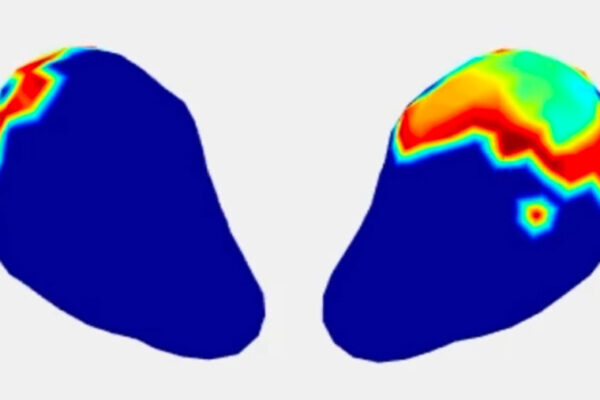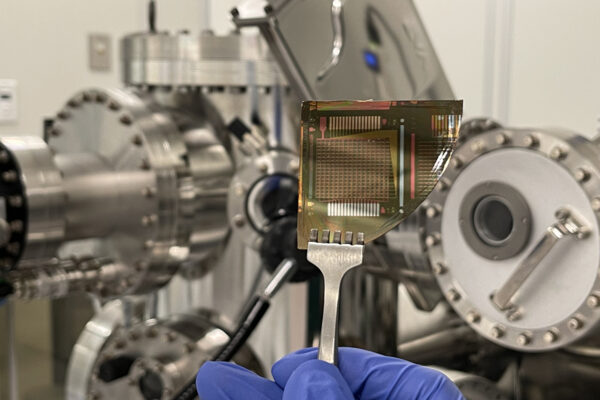Radar and sonar play a vital role in detecting or avoiding other aircraft or underwater vessels. They rely on digital signal processing systems, but some calculations involving multiplications consume a lot of power, which can limit the system’s efficiency. These calculations are crucial to various applications, including artificial intelligence, machine learning, wireless communication, and military applications. However, such computations can be costly, particularly for correlators used in radar systems, which rely heavily on fast multiplication.
To address this challenge, a multi-institutional team of researchers led by Aravind Nagulu, an assistant professor of electrical and systems engineering at the McKelvey School of Engineering at Washington University in St. Louis, has secured a four-year $2 million grant from the Defense Advanced Research Projects Agency Massive Cross-Correlation project.
The team aims to enhance the computational efficiency of radio-frequency correlators, which are commonly used to find similarity between two signals. Other investigators include Shantanu Chakrabartty, the Clifford W. Murphy Professor at the McKelvey School of Engineering; Arun Natarajan, a professor of electrical engineering and computer science at Oregon State University; and Gert Cauwenberghs, a professor of bioengineering at University of California, San Diego.
Read more on the McKelvey School of Engineering website.



Comments and respectful dialogue are encouraged, but content will be moderated. Please, no personal attacks, obscenity or profanity, selling of commercial products, or endorsements of political candidates or positions. We reserve the right to remove any inappropriate comments. We also cannot address individual medical concerns or provide medical advice in this forum.